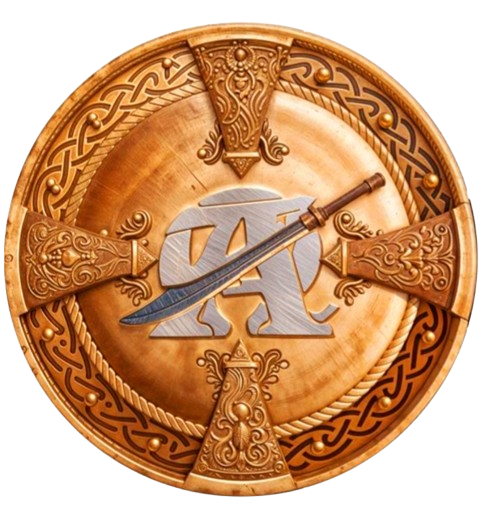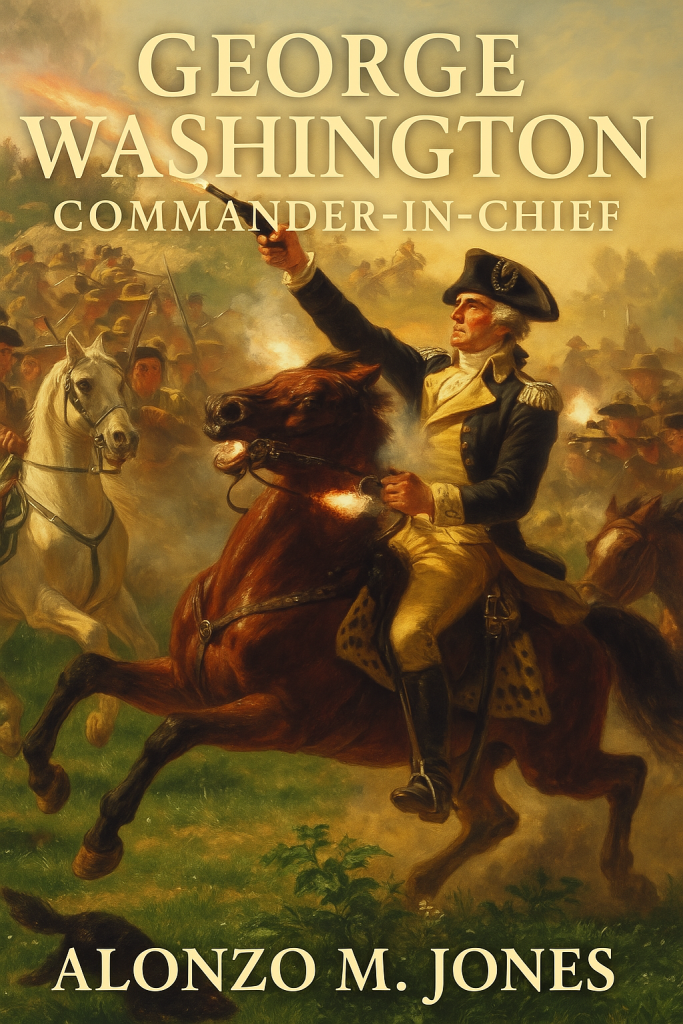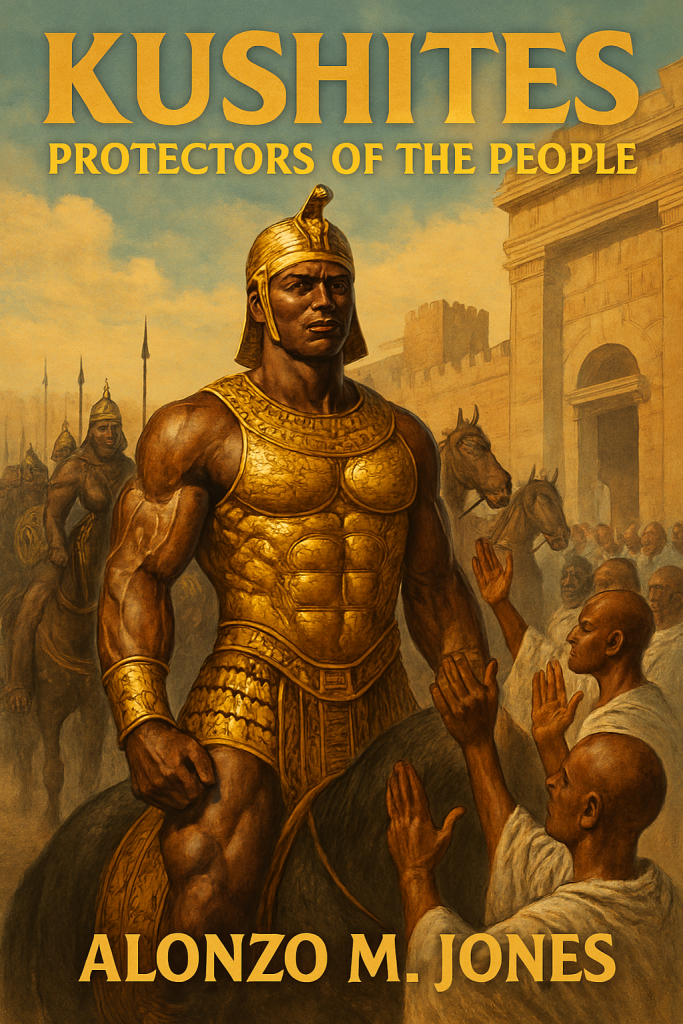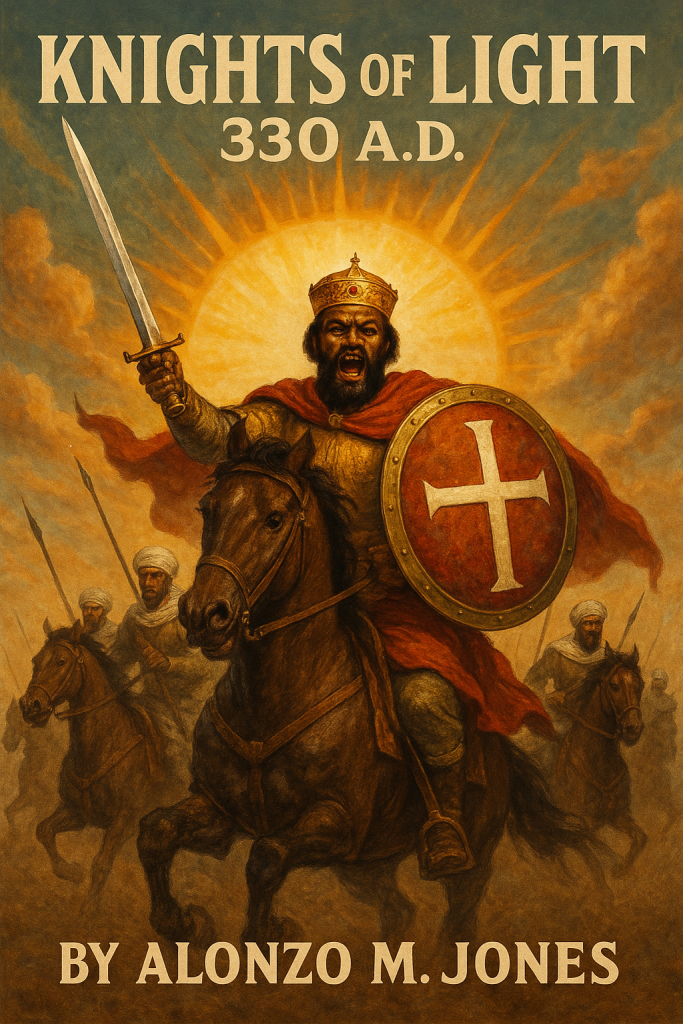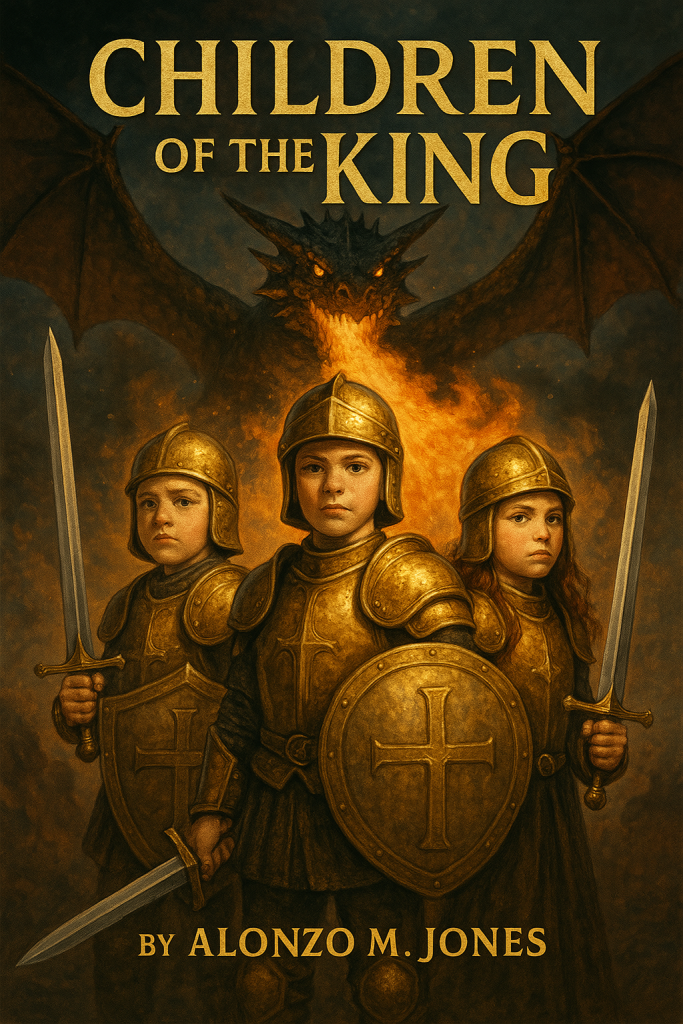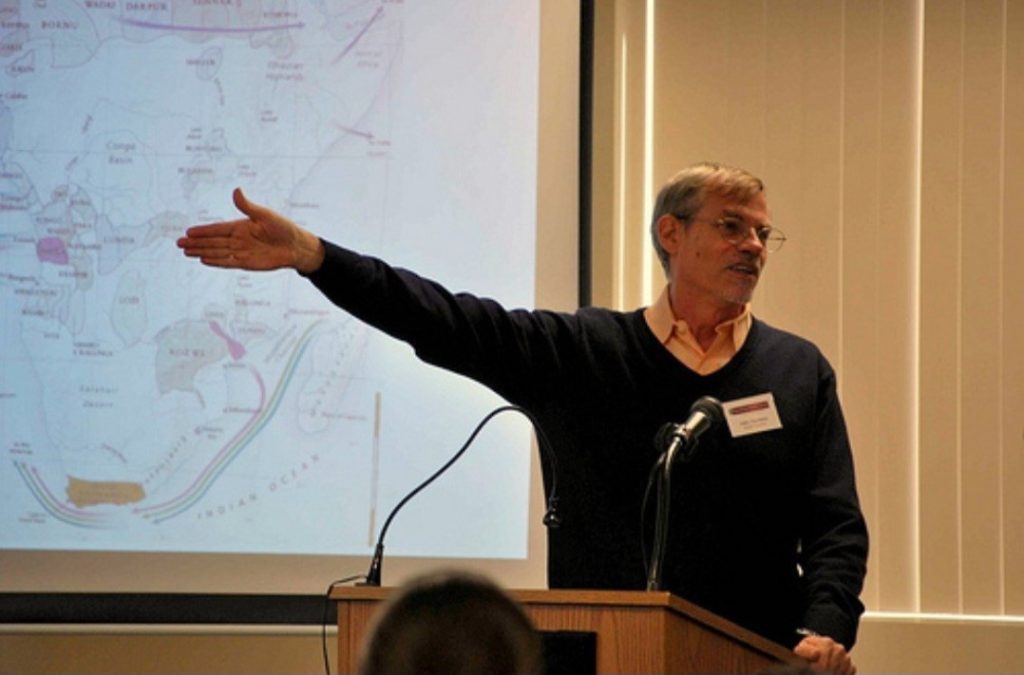
1. Prof. John K. Thornton
Expert in West Central Africa before 1800
Boston University
Through the many lectures I studied, the books I read, and the peer-reviewed research he generously shared, Professor John K. Thornton deepened our understanding of the enduring commitment of Africans in the diaspora to the Christian Church. It logically follows that this spiritual dedication must have persisted well into the era of the Lincoln Legal Loyal League in the Mississippi Valley.
Professor Thornton also offered compelling insights into early African engagement with the Military Order of the Knights of Christ. As he noted, “The Order of Christ, initially sponsored by Portugal, was later adopted by Kongo, which granted knighthoods despite Portuguese objections, becoming a vital honor even after Kongo’s collapse.”
He further explained that the knowledge medieval Kongolese scholars acquired through contact with Europe may have shaped their belief that Jesus, Mary, and some of the apostles were Black—an interpretation that speaks to the geographical deductions and cultural agency of early African Christians.

Prof. Suzanne Blier
Departments of African and African American Studies
Harvard University
Prof. John Thornton introduced me to the groundbreaking work of Harvard’s Prof. Suzanne Blier, who highlights the far-reaching influence of Nubian Christianity and trade in the medieval era. Her research suggests Nubians played a key role in spreading Christianity and engaging in long-distance trade, reaching as far west as the Nupe-Igala region. She supports this through analysis of Coptic motifs on Ife sculptures and a reinterpretation of Leo Africanus’ “Gaoga,” which she argues may have been Darfur.
This aligns with our hypothesis that Christian Nubians, inspired by Aksumite Emperor Ezana, carried that legacy through Pharaoh Silko—the first Christian king of medieval Nubia and, as Prof. Salim Faraji notes, the last Pharaoh of the Nile Valley.
In a personal exchange, Prof. Blier proposed that Nubians may have introduced Christianity to Central Africa via Lake Chad and the Logone River—likely through traders, migrants, or refugees fleeing Mamluk expansion. Her perspective reframes Christian diffusion in Africa as a fluid process shaped by trade, migration, and resilience amid political upheaval. This diffusion may have reached the powerful Kongo Kingdom influencing their long commitment to Christianity that extended into the African diaspora.

Prof. Sarah Tishkoff
David and Lyn Silfen University Professor
University of Pennsylvania
We turned to geneticist Professor Sarah Tishkoff to explore the question of humanity’s monogenesis through the lens of Africa’s vast genetic diversity. She suggests that early African populations may have carried genetic variations—still present in modern African groups—that were linked to adaptations for a wide range of environmental conditions. These adaptations likely played a crucial role in enabling survival across diverse climates. This genetic resilience was probably already in place during the migration out of Africa approximately 60,000 to 80,000 years ago. However, our understanding of the specific populations from that era remains limited.


Prof. Jonathan W. White
Department of American Studies
Christopher Newport University
Professor White offered a critical clarification regarding our characterization of Lincoln’s stance on abolitionism. He noted that Lincoln did not identify as an abolitionist and, in fact, expressed considerable reservations about the abolitionist movement’s political strategy. According to White, Lincoln believed that the abolitionists’ uncompromising and often confrontational rhetoric alienated potential allies and undermined the broader antislavery cause by diminishing electoral support for antislavery candidates. In Lincoln’s view, their radicalism, while morally earnest, proved politically counterproductive.

Dr. Robert D. Parham, Jr.
Ph.D. in Business
Dr. Robert Parham is a force of nature — a celebrated business scholar, an award-winning independent film producer, and a five-time World Martial Arts Champion whose legacy is etched in the annals of combat excellence. Inducted into multiple Martial Arts Halls of Fame, his name commands respect across disciplines.
But Dr. Parham’s story runs deeper than accolades. He is the living embodiment of a warrior lineage — a direct descendant of the clandestine Military Science Traditions rooted in the Piney Woods of Jones County, Mississippi. These traditions, passed down through generations, whisper of ancient brotherhoods: from the Knights of the Kongo to the disciplined remnants of King Ezana’s Nubian order.
Today, Dr. Parham and his students don’t just train — they uphold a sacred legacy. Their movements echo the strategies of African warrior-kings, their discipline forged in the fires of ancestral memory. In every strike, every stance, they honor a code that predates empires — a code of unity, resilience, and unbreakable purpose.

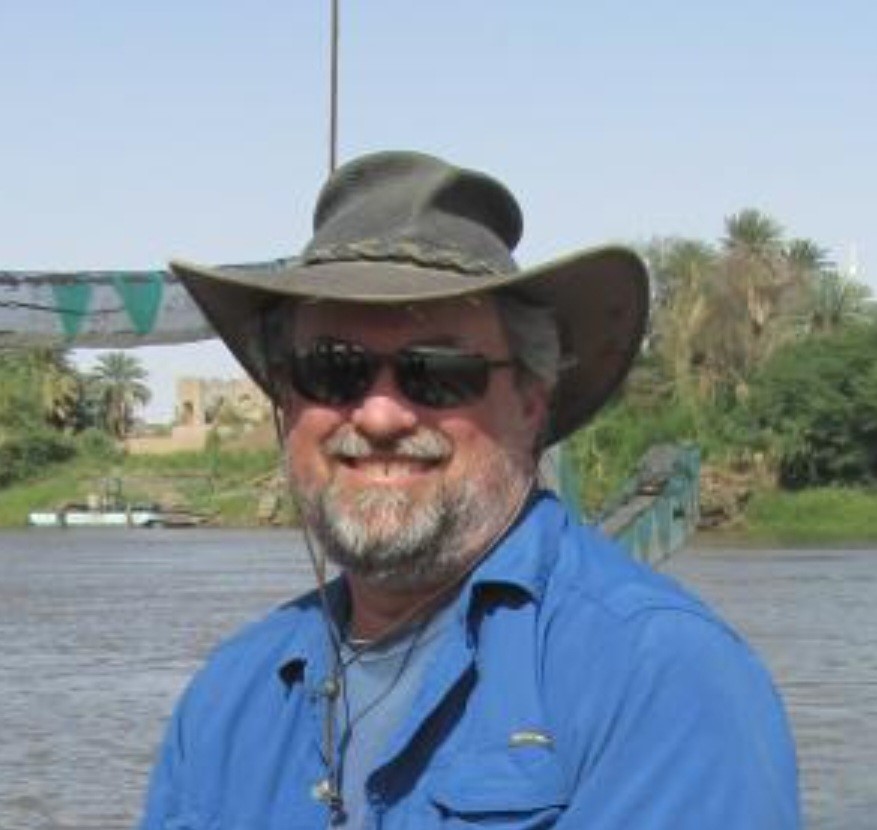
Prof. Stuart Tyson Smith
Consultant on MGM’s Stargate
UC Santa Barbara
Prof. Stuart Tyson Smith has consulted on:
– Stargate (1994)
– The Mummy (1999)
– The Mummy Returns (2001)
– Stargate Origins: Catherine (2018):
Professor Smith has made invaluable contributions to our project by illuminating Africa’s ancient connections to Judaism—connections that may have influenced enduring commitments to Judeo-Christian traditions. His scholarship challenges conventional narratives and invites deeper reflection on cultural intersections of antiquity.
In a recent conversation, I posed a question about a puzzling inconsistency in ancient imperial strategy:
“You seem to indicate in one of your lectures that the Assyrian reports of defeating the Kushites (Prince Taharqa?) in the Levant but deciding to abandon the area for 20 years seem inconsistent with their approach to conquest.”
His response was as incisive as it was revealing:
“Exactly. The Assyrian empire operated on the basis of annual military campaigns that extracted tribute and punished those who refused to supply it. The fact that they withdrew and stayed away indicates that the Kushite alliances with kings like Hezekiah in Jerusalem made campaigning too risky during those 20 years after their confrontation at the battle of El-Tekh. In that context, Assyrian assertions of victory in the battle sound like spin.”

Dr. Geoff Emberling
Associate Research Scientist, Kelsey Museum
University of Michigan
Dr. Geoff Emberling is a distinguished archaeologist and research scientist, best known for his work with the Kelsey Museum of Archaeology at the University of Michigan. His research has profoundly deepened our understanding of ancient civilizations, particularly those of North Africa and the Middle East. Featured in National Geographic’s Rise of the Black Pharaohs, Dr. Emberling has delivered numerous lectures that spotlight the significance of the Kushite Empire and its enduring impact on world history. His scholarship challenges conventional narratives, urging a broader recognition of Africa’s foundational role in shaping the ancient world.
Inspired by Basil Davidson’s suggestion that Kush influenced the entirety of Africa, I’ve pursued that theory through the work of various scholars. So I was thrilled when Dr. Emberling agreed to answer my questions about the connections between the Kushite legacy and Christianity.
“There are so many connections between Kush and the Judeo-Christian tradition,” he explained, “many—but not all—of them through Egypt.
First, you’re right that Taharqo was a Kushite general, and he led the Egyptian-Kushite army in defending Jerusalem against Sennacherib’s forces in 701 BCE.”


Prof. H.W. Brands
Jack S. Blanton Sr. Chair in History
University of Texas at
Professor H.W. Brands, a renowned historian and holder of the Jack S. Blanton Sr. Chair at the University of Texas at Austin, has authored over thirty acclaimed books on U.S. history and politics. Two—Traitor to His Class and The First American—were Pulitzer Prize finalists.
After reading his powerful book The Zealot and the Emancipator, I asked Professor Brands whether Lincoln, despite his moderate stance, might have been a closet abolitionist. He replied:
“Lincoln was a sincere moderate. He thought slavery would have to end by constitutional means, not by violence.”

Gregory R. Copley
Captain-General, Order of St. Anthony
Crown Council of Ethiopia
I contacted Captain-General Gregory R. Copley to inquire about the historical authenticity of the Ethiopian Order of Saint Anthony, particularly in light of oral traditions suggesting that members of the Order may have arrived in America as early as 1855. He graciously granted permission to publish the following statement:
There is some background to the Order of St. Anthony in the book Ethiopia Reaches Her Hand Unto God, which I wrote around 1998. There is not a great deal published on the Order as it exists today, as no knights or other ranks have been issued by the Ethiopian Crown in recent times.
This Order originated as an order of warrior monks, which is why the Crown Council of Ethiopia designated it as the Ethiopian Orthodox Order for the Imperial Guard Regiment. The Sovereign of the Order is the President of the Crown Council of Ethiopia, His Imperial Highness Prince Ermias Sahle-Selassie Haile-Selassie.”
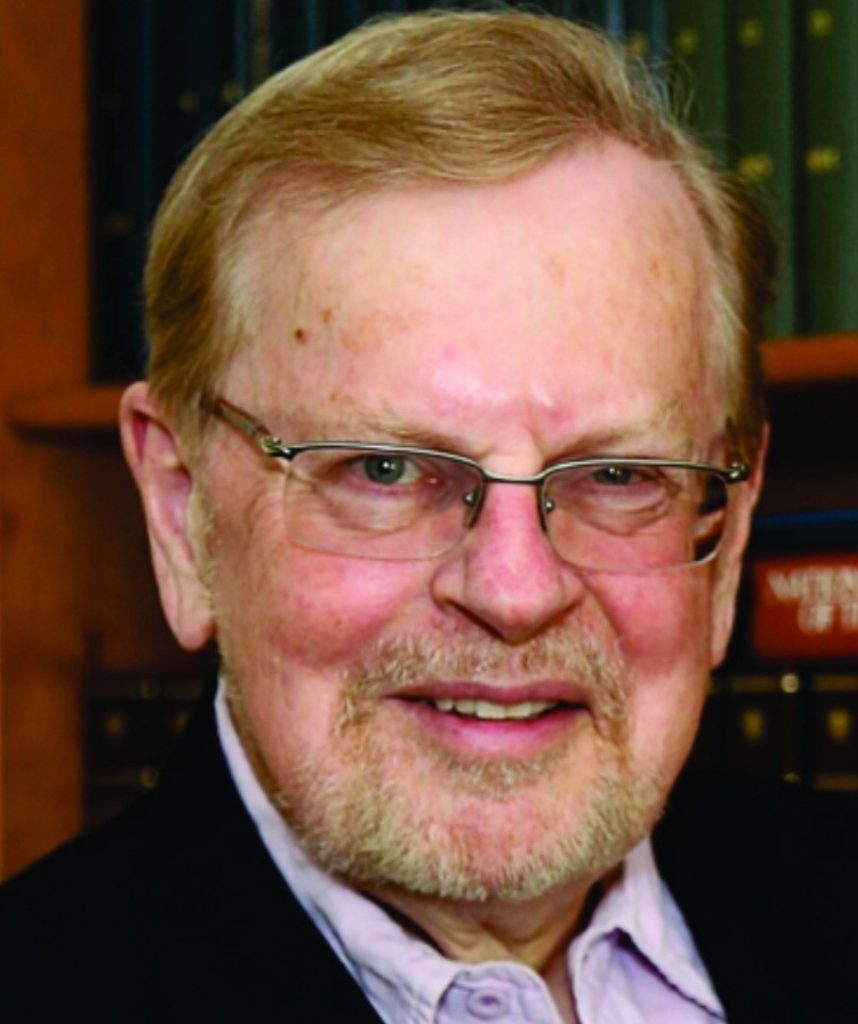

Rev. Dr. S.A. Jones (1896–1995)
Greater Sunlight Missionary Baptist Church, New Orleans Chronicler of African Military Orders in Piney Woods, Mississippi
Rev. S.A. Jones passed down combative systems rooted in African military science—traditions that shaped modern martial arts and fueled resistance long before the American Revolution. He taught that self-emancipated African Maroons fought tirelessly against slavery, from colonial times through Jim Crow.
Rev. Jones also preserved an oral tradition: many enslaved Africans were already baptized Christians, evangelized by fellow Africans. Historians John Thornton and Linda Heywood affirm that one in five African American founders descended from multi-generational African Christians.
Harvard’s Suzanne Blier suggests the Kingdom of Kongo embraced Christianity independently, possibly inspired by Nubian Christians who spread the faith across Central Africa before Islamic expansion cut off the route. By the 1600s, Kongo kings claimed authority (fons honorum) over Portugal’s Order of Christ—once the Knights Templar—possibly influenced by Ethiopian embassies and the ancient Order of Saint Anthony, founded in 350 A.D.
This warrior-priest tradition endured. Enslaved Kongolese formed confraternities in the Americas, which evolved into Maroon societies. Oral history in Mississippi tells of Ethiopian Knights arriving in 1855 and joining Maroons in Jones County, where they fought slavery—and even defeated a Klan cavalry in 1905.

